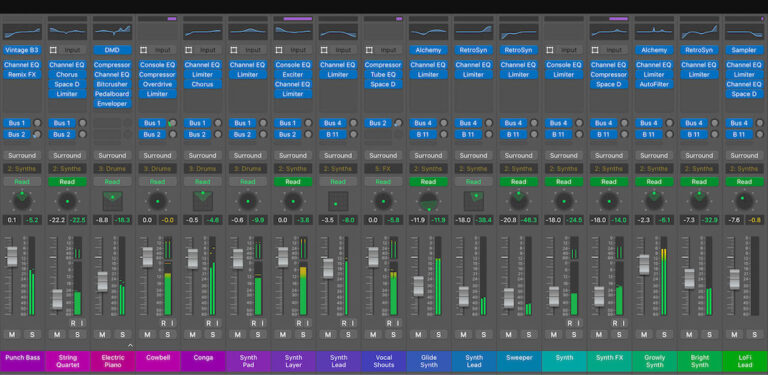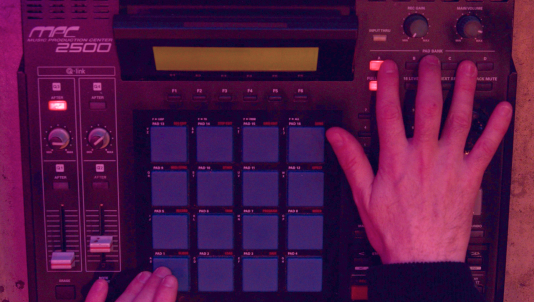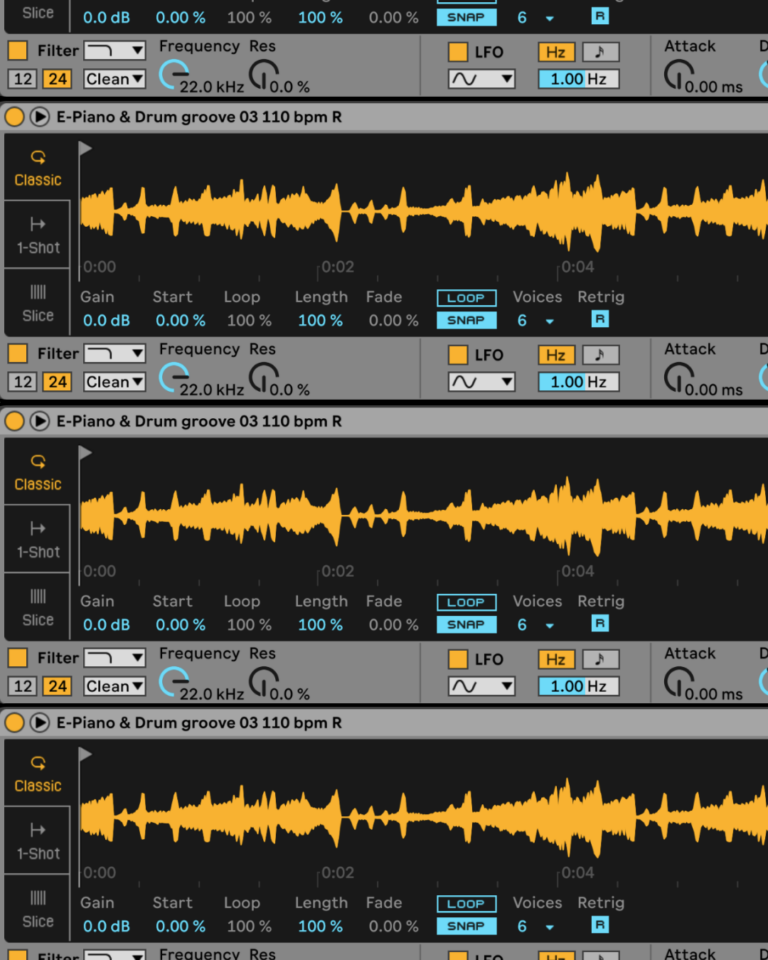A Major Scale is a musical scale that is used in many different genres of music, including classical, jazz, and pop. It is one of the most important and commonly used scales in Western music, and is often the first scale that musicians learn when studying music theory.
A Major Scale is made up of seven distinct notes, with each note separated by a specific interval. This specific pattern of intervals is what gives a Major Scale its unique sound and character.
How can I build a major scale?

A Major Scale can be built by following a specific pattern of whole and half steps. The pattern for building a Major Scale is:
- Start on the tonic note (also known as the root note), which will determine the key of the Major Scale.
- Move up a whole step (two half steps) from the tonic note to the second note of the scale.
- Move up a whole step from the second note to the third note of the scale.
- Move up a half step (one half step) from the third note to the fourth note of the scale.
- Move up a whole step from the fourth note to the fifth note of the scale.
- Move up a whole step from the fifth note to the sixth note of the scale.
- Move up a whole step from the sixth note to the seventh note of the scale.
- Move up a half step from the seventh note to the octave of the tonic note.
By following this pattern, you can build a Major Scale starting on any note. For example, if you start on the note C, you would build the C Major Scale by playing the notes C, D, E, F, G, A, B, and C. If you start on the note G, you would build the G Major Scale by playing the notes G, A, B, C, D, E, F#, and G.
It’s important to note that the intervals in a Major Scale are always the same, regardless of which note you start on. This is what gives Major Scales their unique sound and character, and allows them to be used in a variety of different musical genres and styles.
List of a major scale in every key
Here is a Major Scale in every key:
- C Major Scale: C, D, E, F, G, A, B, C
- C#/Db Major Scale: C#, D#, F, F#, G#, A#, C, C#
- D Major Scale: D, E, F#, G, A, B, C#, D
- D#/Eb Major Scale: D#, F, G, G#, A#, C, D, D#
- E Major Scale: E, F#, G#, A, B, C#, D#, E
- F Major Scale: F, G, A, Bb, C, D, E, F
- F#/Gb Major Scale: F#, G#, A#, B, C#, D#, F, F#
- G Major Scale: G, A, B, C, D, E, F#, G
- G#/Ab Major Scale: G#, A#, C, C#, D#, F, G, G#
- A Major Scale: A, B, C#, D, E, F#, G#, A
- A#/Bb Major Scale: A#, C, D, D#, F, G, A, A#
- B Major Scale: B, C#, D#, E, F#, G#, A#, B
These are all of the Major Scales in Western music. By starting on a different tonic note and following the pattern of whole and half steps, you can build a Major Scale in any key.
The major scale and its modes

The modes of a Major Scale are different scales that are based on the same set of notes as the Major Scale, but with a different tonic note. Each mode has a unique sound and character, and they are named after the ancient Greek modes. The modes of a Major Scale are:
- Ionian (Major Scale)
- Dorian
- Phrygian
- Lydian
- Mixolydian
- Aeolian (Natural Minor Scale)
- Locrian
To find the modes of a Major Scale, you simply start the scale on a different note of the Major Scale and end on that same note an octave higher. For example, if you have a C Major Scale, the modes would be:
- Ionian (C Major Scale): C, D, E, F, G, A, B, C
- Dorian: D, E, F, G, A, B, C, D
- Phrygian: E, F, G, A, B, C, D, E
- Lydian: F, G, A, B, C, D, E, F
- Mixolydian: G, A, B, C, D, E, F, G
- Aeolian (A Natural Minor Scale): A, B, C, D, E, F, G, A
- Locrian: B, C, D, E, F, G, A, B
Each mode has its own unique sound and character, and they are often used in different musical genres to create a specific mood or feeling. The Major Scale modes are a powerful tool for composers and musicians, and learning about them can greatly enhance your understanding of music theory and the sounds that you can create with the Major Scale.
The importance of major scales in music
The Major Scale is one of the most important building blocks in Western music and has a significant impact on the creation and understanding of music. Some of the reasons for the importance of the Major Scale in music include:
- Tonality: The Major Scale provides a tonal center or key, which helps to define the overall sound and mood of a piece of music. The Major Scale serves as the foundation for much of Western music, and it provides a framework for chords and harmony.
- Chord Progressions: The Major Scale is used to create chord progressions, which are the building blocks of many musical styles. The chords found within a Major Scale provide a sense of direction and stability to a piece of music, and they help to create the feeling of tonality.
- Modes: The Major Scale is the basis for the modes, which are different scales that are based on the same set of notes as the Major Scale. Each mode has its own unique sound and character, and they are used in different musical genres to create a specific mood or feeling.
- Improvisation: The Major Scale is a fundamental tool for improvisation, as it provides a framework for creating solos and melodies. Musicians can use the Major Scale to create solos and melodies that are harmonically sound and coherent, and that fit well within the key of a piece of music.
- Harmony: The Major Scale provides the basis for harmonic structure in Western music. Chords within a Major Scale can be used to create rich and complex harmonies, which add depth and emotional resonance to a piece of music.
Overall, the Major Scale is an essential aspect of Western music and has a lasting impact on the creation and understanding of music. Whether you are a composer, performer, or music enthusiast, a solid understanding of the Major Scale and its role in music is essential.






 50 Industry Music Production Tips You Must Know
50 Industry Music Production Tips You Must Know




